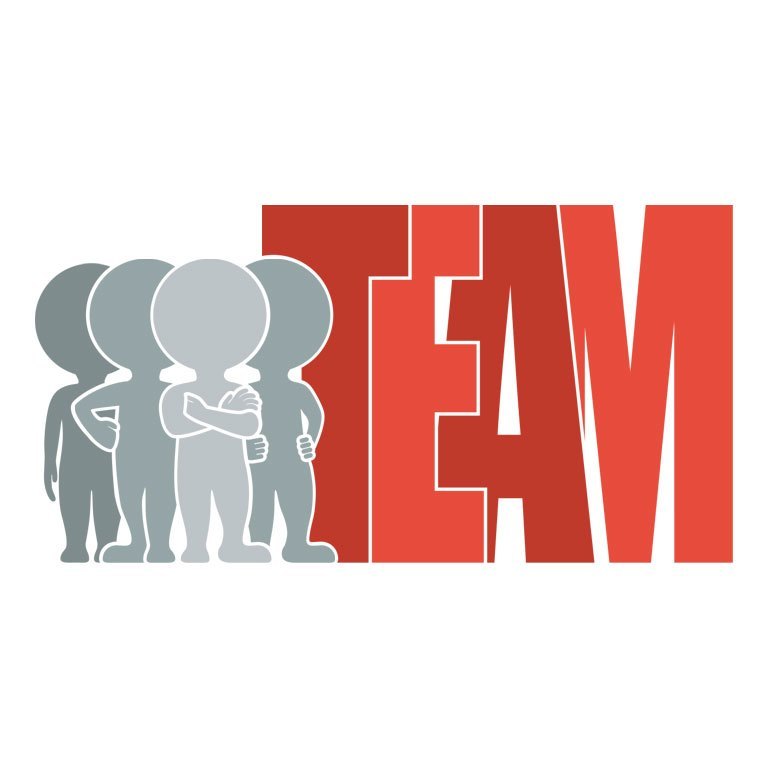Ticket bots, programs used by unscrupulous ticket resellers to purchase large swaths of available tickets at lightning speed, are back in the news thanks to a sharp increase in predatory reseller tactics. Two articles in particular focusing on this problem are worth your time; the most recent is from the 6/7/2016 edition of the New York Times and the next is from the 1/28/2016 edition of npr.org.
 Both articles do a great job at explaining the problem, but here it is in a nutshell:
Both articles do a great job at explaining the problem, but here it is in a nutshell:
- Ticket resellers utilize bots to purchase large blocks of tickets in mere seconds.
- Although these programs are illegal, most state laws only apply civil penalties (a monetary fine).
- In most cases, the fines are fixed, even for repeat offenders, and there is no risk of criminal charges (such as jail time).
- The fines are so small and demand so high, resellers easily factor them into their predatory pricing.
The situation is exacerbated by the fact that ticket sellers also own ticket reseller websites; for example, ticket seller and distributor Ticketmaster owns TicketNow, a reseller. This means a predatory bot scalper can buy tickets at Ticketmaster then turn around and sell them at TicketNow. In that scenario, Live Nation Entertainment (which owns Ticketmaster and TicketNow) makes money coming and going.
Yes, ticket sellers are obliged by law to implement anti-bot measures but based on how much the problem has grown, it seems clear that those measure are anything but the highest priority.
Fortunately, some states are beginning to respond. The NYT article reports on efforts by the New York attorney general that pushes for introducing criminal penalties. Here is one of the formal recommendations from their recent report following an extended investigation (p.37).
There is consensus in the ticket industry that Ticket Bots have no place in a fair and equitable ticket market. Current law prohibits the usage of Bots and imposes civil sanctions for violations. However, the prospect of criminal prosecution may well have a greater deterrent effect. Passage of the BOTS Act by Congress and the criminal penalties that it would impose for the use or sale of bots could also act as a deterrent.
The BOTS Act, H.R 708, is still in the first stage of the legislation process and currently contains provisions for criminal penalties that include “imprisonment for not more than five years.”
Additionally, states can pass legislation with criminal penalties. The NYT article examines pending legislation that makes repeat offenses a felony.
Why This Problem Matters
Although the bulk of attention tends to focus on Broadway, pop, and sporting events; predatory ticket scalpers cause plenty of headaches for the nonprofit preforming arts community.
- None of the venues, artists, or related technical and administrative professionals see a single dime of reseller profiteering.
- Performing arts organizations and presenters absorb higher customer service expenses by dealing with frustrated and upset patrons who end up as victims of reseller scams and price gouging.
- Ticket revenue goes down thanks to predatory resellers forcing ticketing software providers to spend more on prevention measures. As a result, those costs get passed along to users and end up as higher ticket fees and/or ticket prices.
Here’s What You Can Do To Help
- Contact members of the House Judiciary; Committee on Energy and Commerce. This is where H.R. 708 was introduced and the first hurdle it needs to surmount. You can find a complete list of committee members with direct links to their respective contact information. Of particular interest is committee chair Rep. Fred Upton, R-MI.
- Contact your state legislators and ask about what they’ve done to address this problem on a state level. Visit OpenStates.org to find your representatives.
- If your organization maintains a Government Affairs board committee, this is precisely the sort of topic they should be pressuring local lawmakers to address.
Postscript: Howard Sherman has some thought provoking commentary on this very topic that went up today as well at TheStage.co.uk.



It would seem to me that when opportunities arise for ticket resale at a profit, the original price of the ticket has been not been priced correctly leaving opportunity for the reseller to capture the margin that exists but was not captured in the original price. Why is there such an inefficiency in pricing in these situations?
Also, if Live Nation produces the act, sells, the original tickets, then claims tickets to resell using their bots, and then gets a cut of concessions, and even perhaps owns the venues that the concerts are held in, there could be potential for an anti-trust case especially if this vertical integration prevents true competition and also dampens fees the musicians can charge.
This could be a very interesting case to follow since live music is so important these days for popular acts since that is where the majority of money is made (recordings being an add on not a primary revenue stream).
Interesting take on the price point. There are a few key variables there that add to the negative impact resellers add along the lines of maximizing revenue vs. average attendance rates. If a reseller marks up a ticket price to predatory rates, they don’t need to sell as many tickets to cross their profit threshold. Moreover, they don’t have to care about the impact that has on the actual performing arts orgs. Fewer people see the event, increased buyer frustration means lower retention rates, etc.
Interestingly enough, these are all the same issues nonprofit performing arts orgs deal with now, especially those risking a small bump in earned income revenue resulting from price increases at the sake of selling less tickets.
But when those decisions are mad entirely by unscrupulous resellers, it is a recipe for disaster.
The antitrust issues are absolutely something playing out in the courts right now. Here’s one recent example.